As the demand for healthcare services continues to grow, there is a significant need for trained healthcare administrators to manage the complex operations of hospitals, clinics, and other healthcare organizations. An online master’s in healthcare administration degree program can be a great way to enter this rewarding and high-growth field. However, tuition and fees for such programs can be a significant barrier for many students.
This article will explore some of the most affordable options for pursuing this degree while ensuring you receive a high-quality education and the necessary skills to succeed in this in-demand field. So, whether you’re a working professional looking to advance your career or a recent college graduate looking to break into healthcare administration, these degree programs will help you achieve your goals at an affordable rate.
How Much Do Master’s in Healthcare Administration Programs Cost?
While the cost of a master’s in healthcare administration degree can vary depending on the institution and program format, most online programs range from $40,000 to $60,000.
It’s crucial to remember that many factors affect the cost of a program, including whether the program is offered by a public or private institution, whether it is full-time or part-time, and whether it includes any additional fees for technology, textbooks, or other resources.
Attending a relatively affordable online master’s degree program in healthcare administration can provide significant savings for students, especially compared to the cost of a traditional on-campus program. Additionally, many online institutions offer financial aid, scholarships, and other assistance to help make the cost of a healthcare administration master’s degree more manageable.
Cost Breakdown for an Online Master’s in Healthcare Administration Program
What exactly are you paying for when you enroll in an online master’s in healthcare administration program? Here’s a look at typical costs associated with earning this degree.
- Tuition: The primary cost related to earning a degree is tuition, which is the fee students pay to take classes at a college. It also usually covers additional services like tutoring, libraries, and access to online learning platforms. Full-time students typically pay a flat per-term tuition rate, while part-time students pay based on the number of credits they take.
- Fees: Many online programs charge additional fees to cover virtual learning technology and platforms, tech support services, or other services not covered by tuition. Specific fees may be recurring, while others are only assessed once. Students should consult with a financial aid counselor to learn more about fees at the schools they’re considering.
- Personal technology: Online learners must invest in their own technology, including a computer, hardware upgrades, and a reliable wifi connection. These are essential for accessing course materials and participating in virtual classes. Before starting your program, do a tech assessment to determine if you need to upgrade any hardware or software. Some schools partner with brands or stores to offer student discounts on educational technology products.
- Books and learning materials: Even in online programs, instructors may still require physical textbooks or e-books. According to the Education Data Initiative, the average post-secondary student spent between $628 and $1,200 for books and learning materials during the 2021-22 academic year, making this another significant cost for students to include in their budget.
Despite these additional expenses, many online students enjoy cost-saving advantages compared to traditional on-campus learners. For example, learners can save money on transportation, as they don’t need to commute to campus. Similarly, they bypass on-campus housing costs since they can study from home.
Factors Influencing the Cost of an Online Master’s in Healthcare Administration Program
When exploring different online master’s in healthcare administration programs, you’ll likely notice that tuition varies widely by school. These are some of the key reasons why.
Public vs. private institutions
A primary factor driving a school’s tuition rates is its status as a public or private institution. Public colleges receive federal and state government funding to help them operate and, therefore, tend to have lower tuition than private schools, which rely on tuition as their primary source of revenue.
Student residency status
Because public universities receive state funding from taxes, residents of a state where a school is located get a discounted tuition rate. Most public colleges charge out-of-state students a higher tuition rate to help offset the subsidized tuition in-state students receive. However, with online programs, it’s becoming more common for schools to charge all students the same tuition rate, regardless of where they live. If you’re considering attending an online master’s in healthcare administration at a public college as an out-of-state student, inquire whether you’re eligible for an in-state tuition rate.
Non-profit vs. for-profit
Post-secondary institutions are classified as non-profit or for-profit. Non-profit colleges reinvest their revenue into the institution through faculty and staff salaries, infrastructure, student resources, and more. For-profit colleges are designed to turn a profit for investors and shareholders. Because of their structure, for-profit colleges typically invest less revenue into their educational programs, which can impact the quality of education students receive. While for-profit colleges may charge lower tuition rates than non-profits, students should know the difference in educational quality between the two types of schools. If you’re considering a for-profit college, research the institution and company that operates it to ensure you’ll get the proper training and a legitimate degree for your money.
Student military status
Most schools offer veterans, active-duty service members, and their spouses or children discounted tuition rates. Students who think they may be eligible for discounted tuition based on past or current military service should check with their school’s financial aid or military services office.
The 33 Cheapest Online Master's In Healthcare Administration Programs
Institution Type
Status
- Intelligent Score
- Alphabetically By University Name
- Acceptance Rate
- Enrollment
- In-state Graduate Tuition
- Out-of-state Graduate Tuition
- In-state Undergraduate Tuition
- Out-of-state Undergraduate Tuition

CSU Global
Intelligent Score: 99.99In-state: $9,426
Out-of-state: $28,147
In-state: $10,520
Out-of-state: $10,520
SAT: 1070-1280
ACT: 23-29
$675
Online
Higher Learning Commission
36
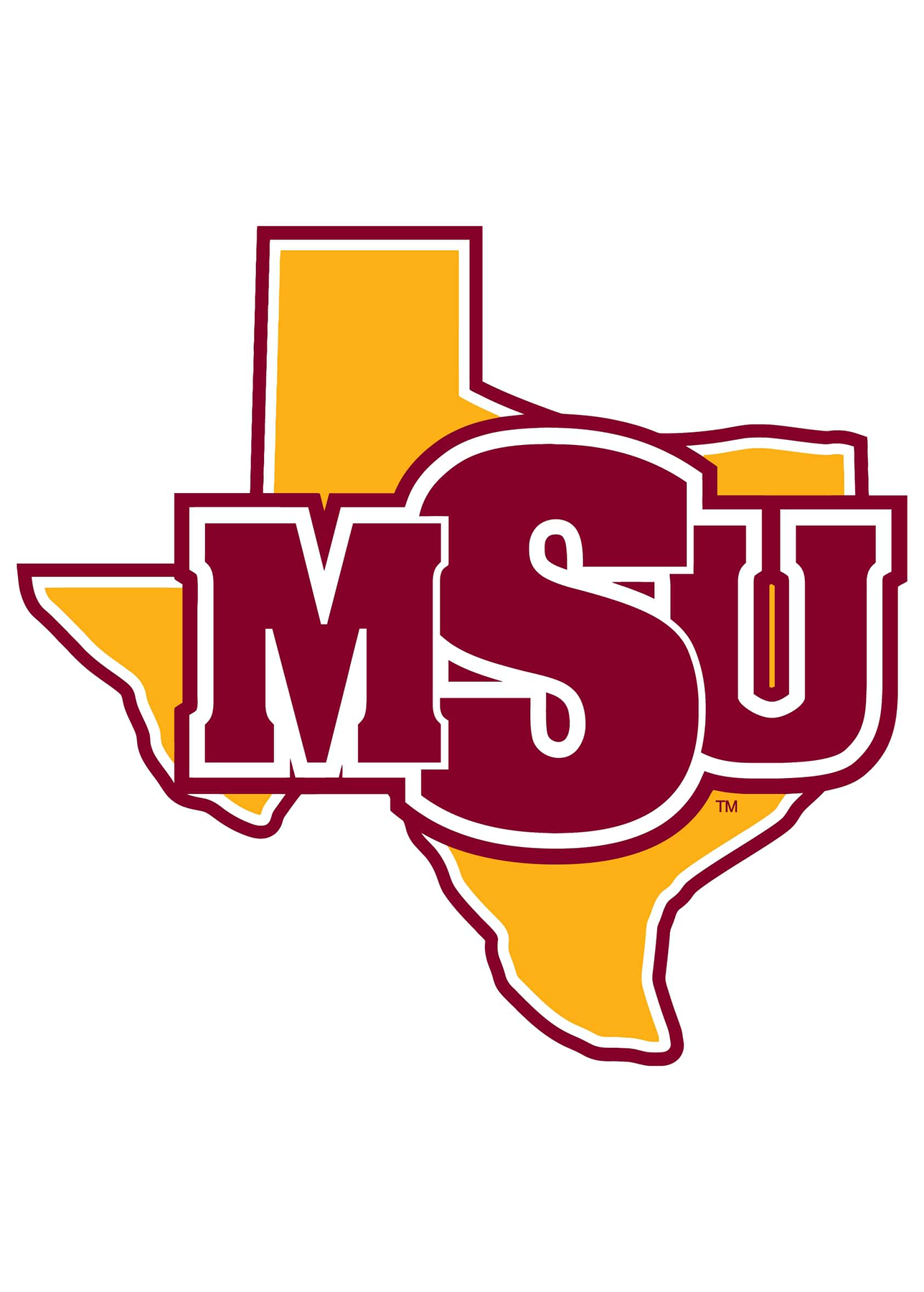
Midwestern State University
Intelligent Score: 99.82In-state: $5,708
Out-of-state: $7,658
In-state: $4,145
Out-of-state: $4,145
SAT: 910-1100
ACT: 16-22
Resident: $115
Non-Resident: $470
Online
Southern Association of Colleges and Schools Commission on Colleges
45
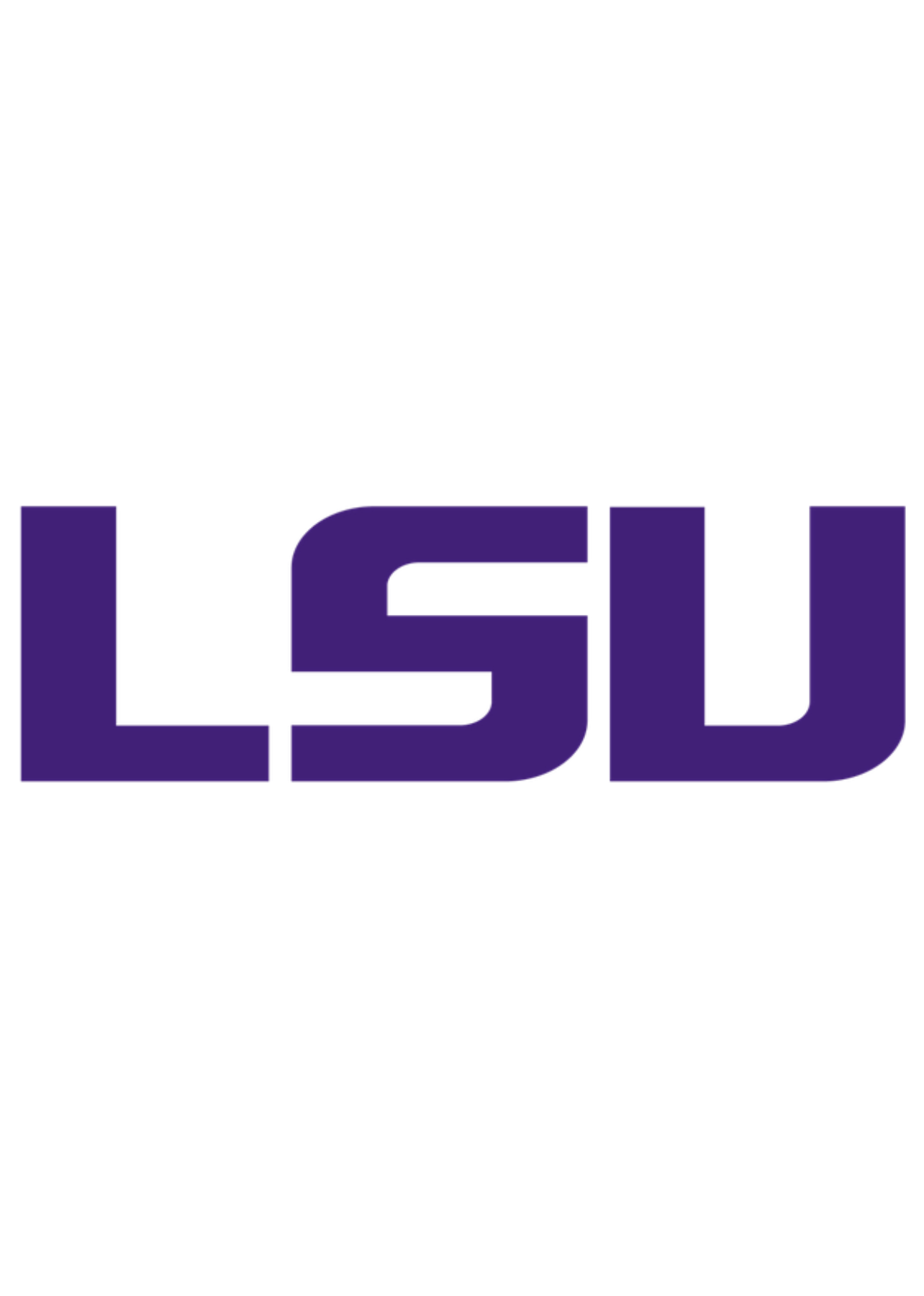
LSU Shreveport
Intelligent Score: 98.76In-state: $8,038
Out-of-state: $8,038
In-state: $9,132
Out-of-state: $9,132
SAT: 1090-1300
ACT: 23-28
$350
Online
Association to Advance Collegiate Schools of Business
30

Oklahoma State University
Intelligent Score: 97.35In-state: $5,357
Out-of-state: $20,877
In-state: $5,531
Out-of-state: $5,531
SAT: 1020-1250
ACT: 21-28
Resident: $373
Non-Resident: $488
Online
Higher Learning Commission
32
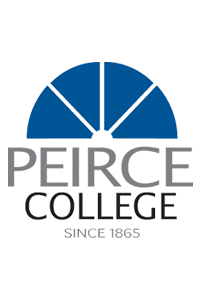
Peirce College
Intelligent Score: 96.43In-state: $25,034
Out-of-state: $25,034
In-state: NA
Out-of-state: NA
SAT: Not Required
ACT: Not Required
$772
Online
Middle States Commission on Higher Education
30
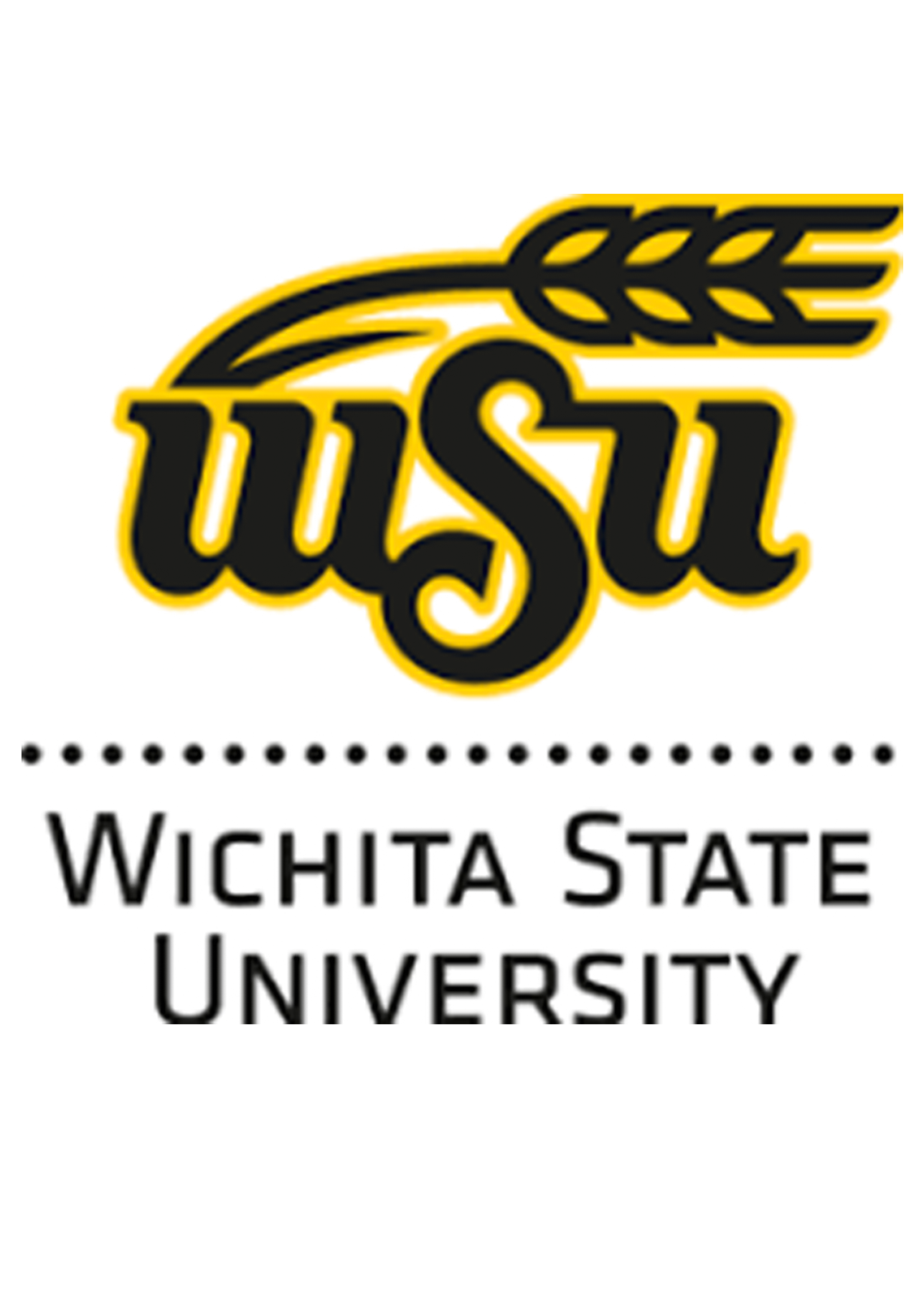
Wichita State University
Intelligent Score: 96.15In-state: $6,843
Out-of-state: $16,208
In-state: $5,544
Out-of-state: $5,544
SAT: 1020-1250
ACT: 20-27
$326
Online
Commission on Accreditation of Healthcare Management Education
43
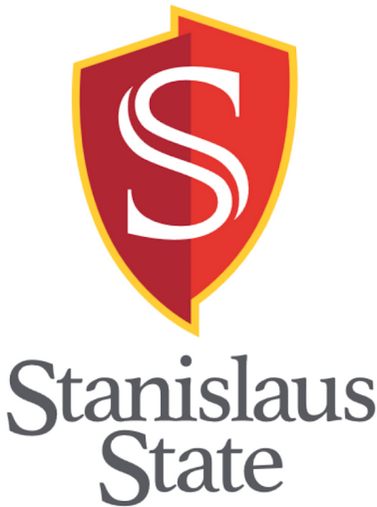
Texas Woman's University
Intelligent Score: 95.76In-state: NA
Out-of-state: NA
In-state: NA
Out-of-state: NA
SAT: NA
ACT: NA
Resident: $323
Non-Resident: $733
Online
Commission on Accreditation of Healthcare Management Education
45-54

California State University, East Bay
Intelligent Score: 94.9In-state: $5,742
Out-of-state: $17,622
In-state: $7,176
Out-of-state: $7,176
SAT: 870-1060
ACT: 15-20
$758
Online
WASC Senior College and University Commission
34
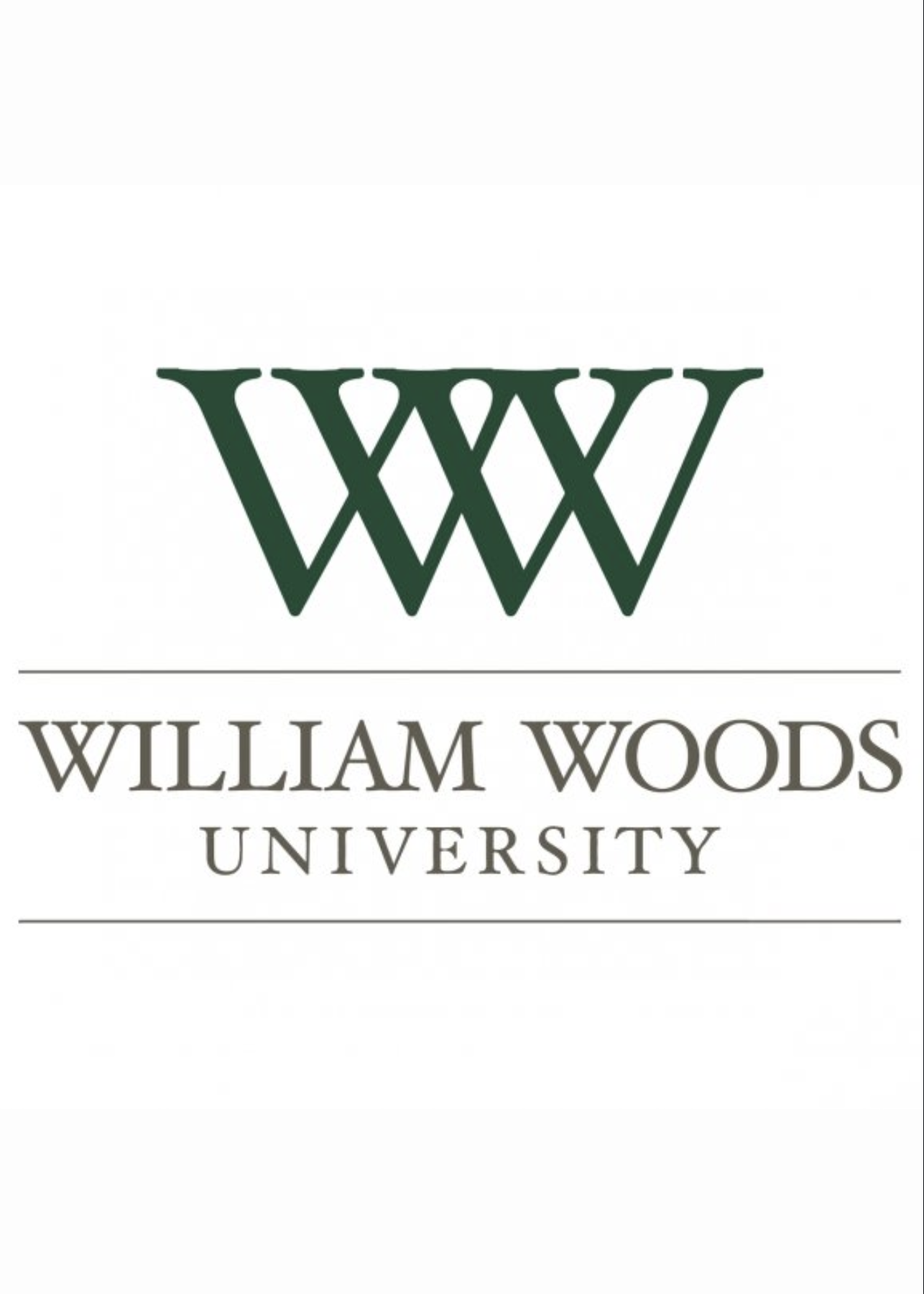
William Woods University
Intelligent Score: 94.73In-state: $25,000
Out-of-state: $25,000
In-state: $6,750
Out-of-state: $6,750
SAT: N/A
ACT: N/A
$525
Online
Accreditation Council for Business Schools and Programs
30
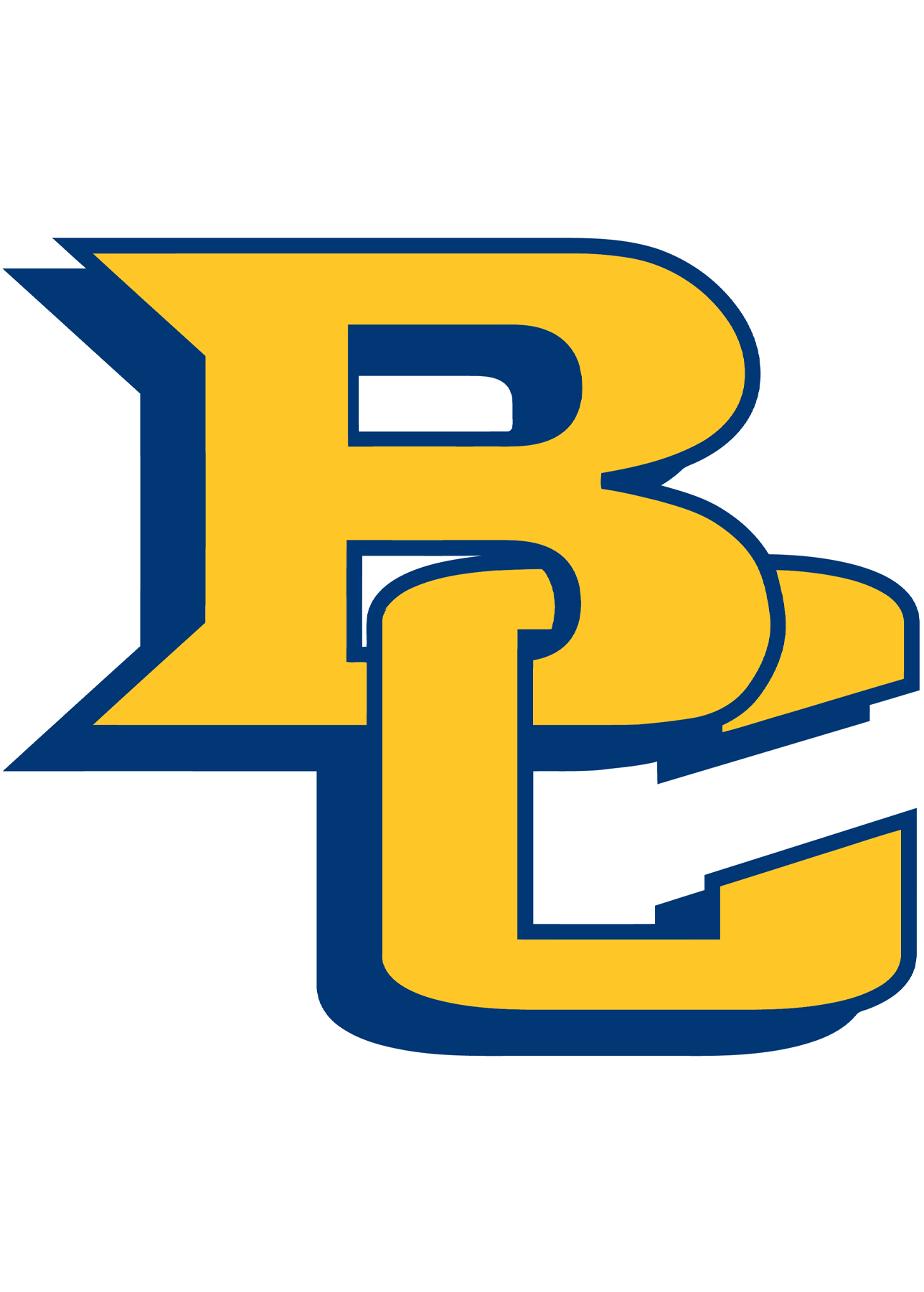
Briar Cliff University
Intelligent Score: 93.77In-state: $31,898
Out-of-state: $31,898
In-state: $9,450
Out-of-state: $9,450
SAT: N/A
ACT: N/A
$436
Online, On-Campus
Higher Learning Commission
36

Florida Atlantic University
Intelligent Score: 92.91In-state: $2,522
Out-of-state: $14,374
In-state: $5,467
Out-of-state: $5,467
SAT: 1060-1220
ACT: 21-26
$900
Online
Association to Advance Collegiate Schools of Business
30
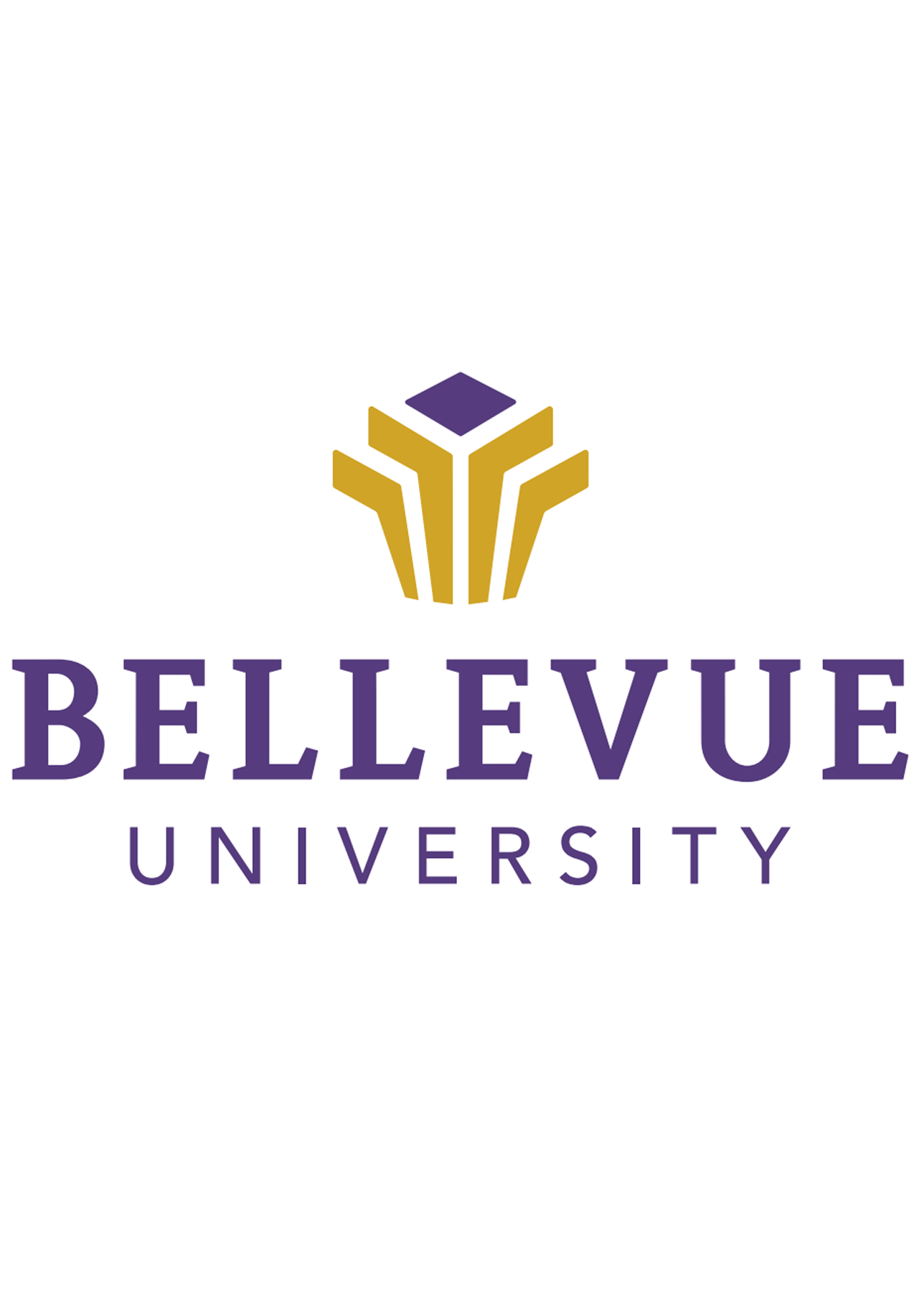
Bellevue University
Intelligent Score: 92.17In-state: $7,176
Out-of-state: $7,176
In-state: $10,710
Out-of-state: $10,710
SAT: N/A
ACT: N/A
$660
Online
Higher Learning Commission
36
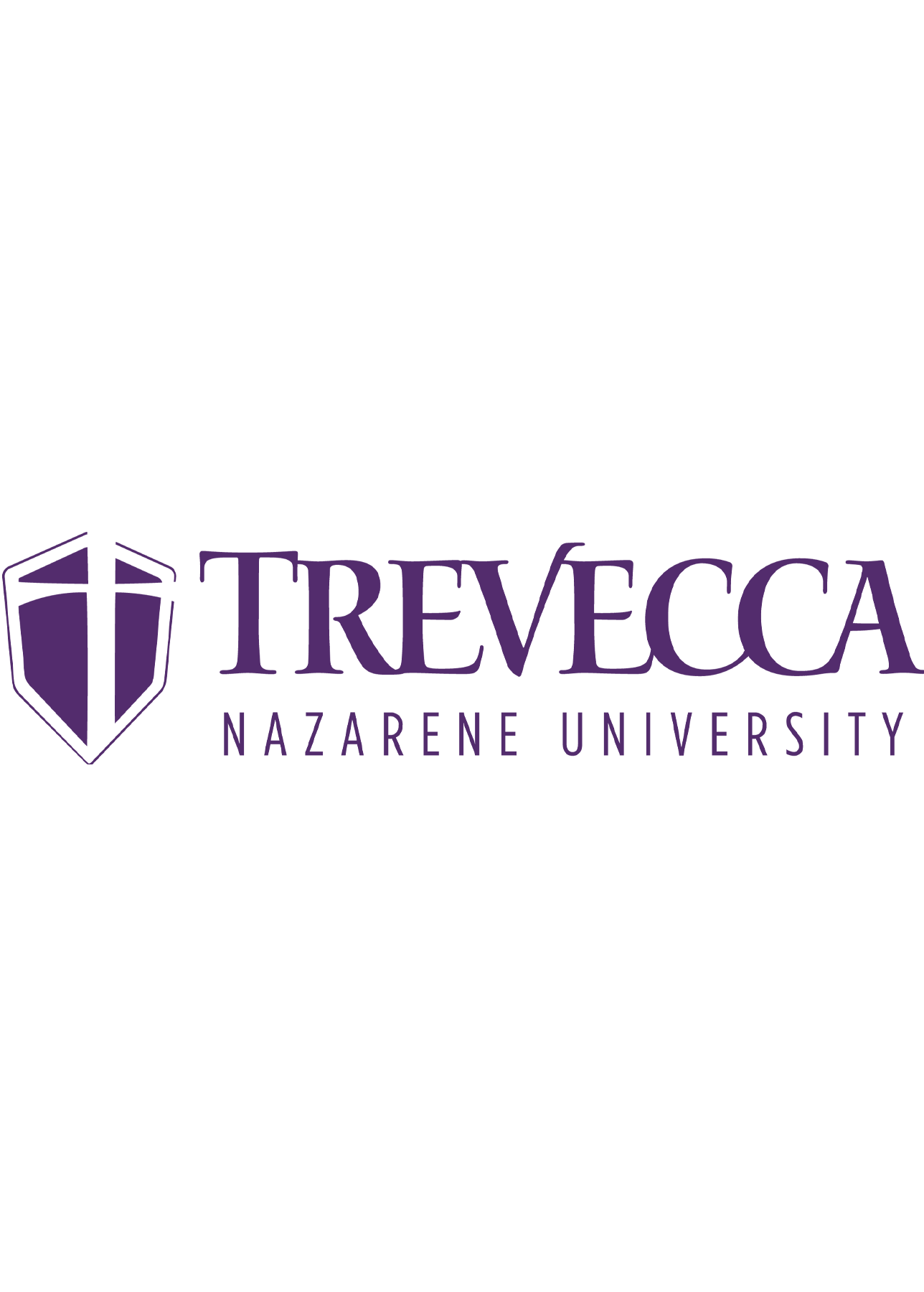
Trevecca Nazarene University
Intelligent Score: 91.72In-state: $25,998
Out-of-state: $25,998
In-state: $8,982
Out-of-state: $8,982
SAT: 1040-1253
ACT: 20-25
$500
Online
Commission on Accreditation of Healthcare Management Education
36
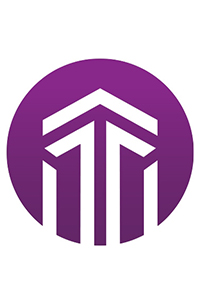
Excelsior University
Intelligent Score: 91.45In-state: $26,790
Out-of-state: $26,790
In-state: $17,550
Out-of-state: $17,550
SAT: 1210
ACT: 27
$715
Online
Middle States Commission on Higher Education
36
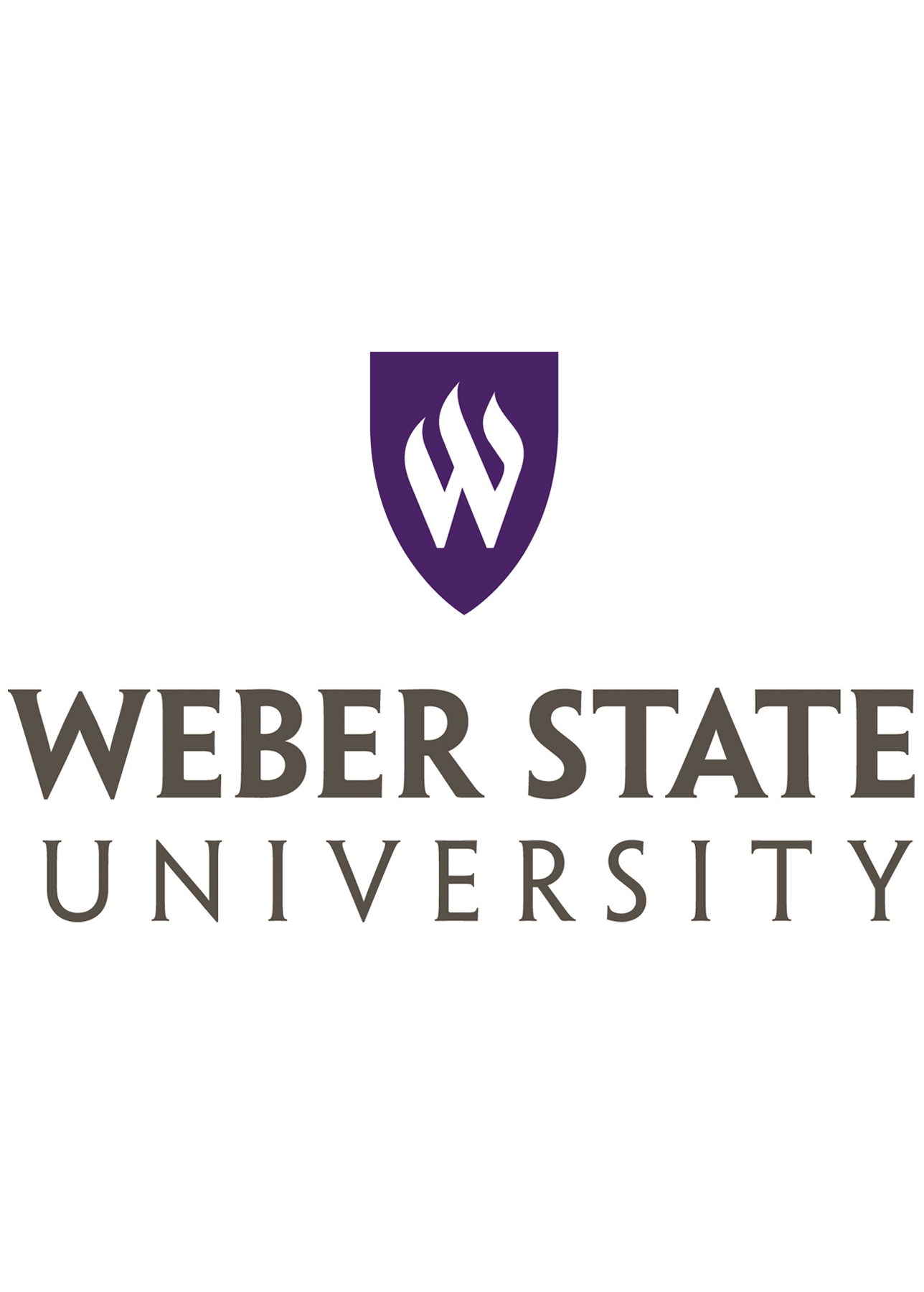
Weber State University
Intelligent Score: 91.33In-state: $5,090
Out-of-state: $15,272
In-state: $7,935
Out-of-state: $7,935
SAT: N/A
ACT: N/A
Resident: $557
Non-Resident: $1,645
Online
Commission on Accreditation of Healthcare Management Education
39

University of North Carolina at Chapel Hill
Intelligent Score: 91.1In-state: $7,019
Out-of-state: $34,198
In-state: $10,552
Out-of-state: $10,552
SAT: 1280-1490
ACT: 28-33
Resident: $598
Non-Resident: $1,634
Online
Commission on Accreditation of Healthcare Management Education
49
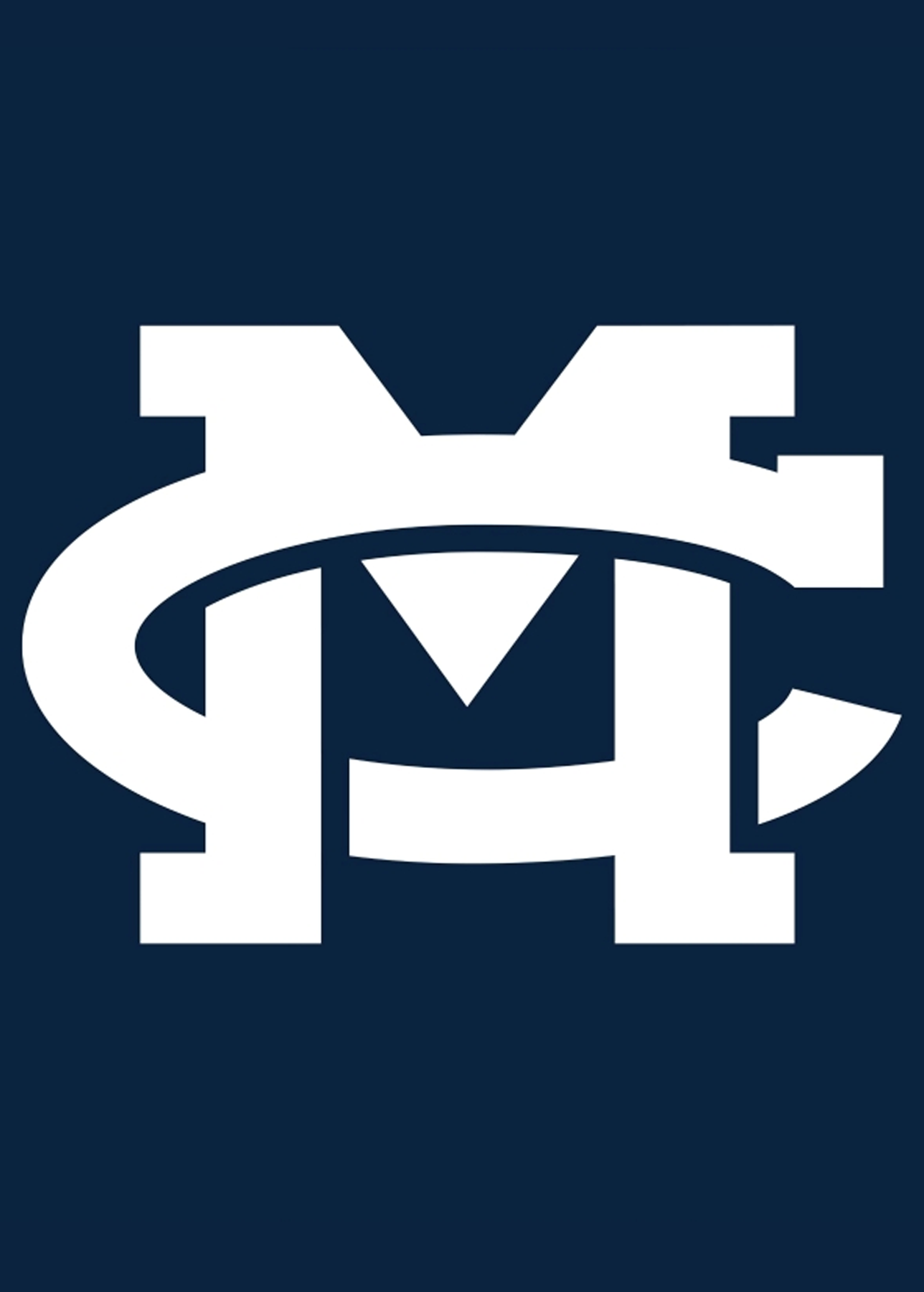
Mississippi College
Intelligent Score: 88.96In-state: $18,200
Out-of-state: $18,200
In-state: $11,610
Out-of-state: $11,610
SAT: 1140-1260
ACT: 21-29
$695
Online
Southern Association of Colleges and Schools Commission on Colleges
30
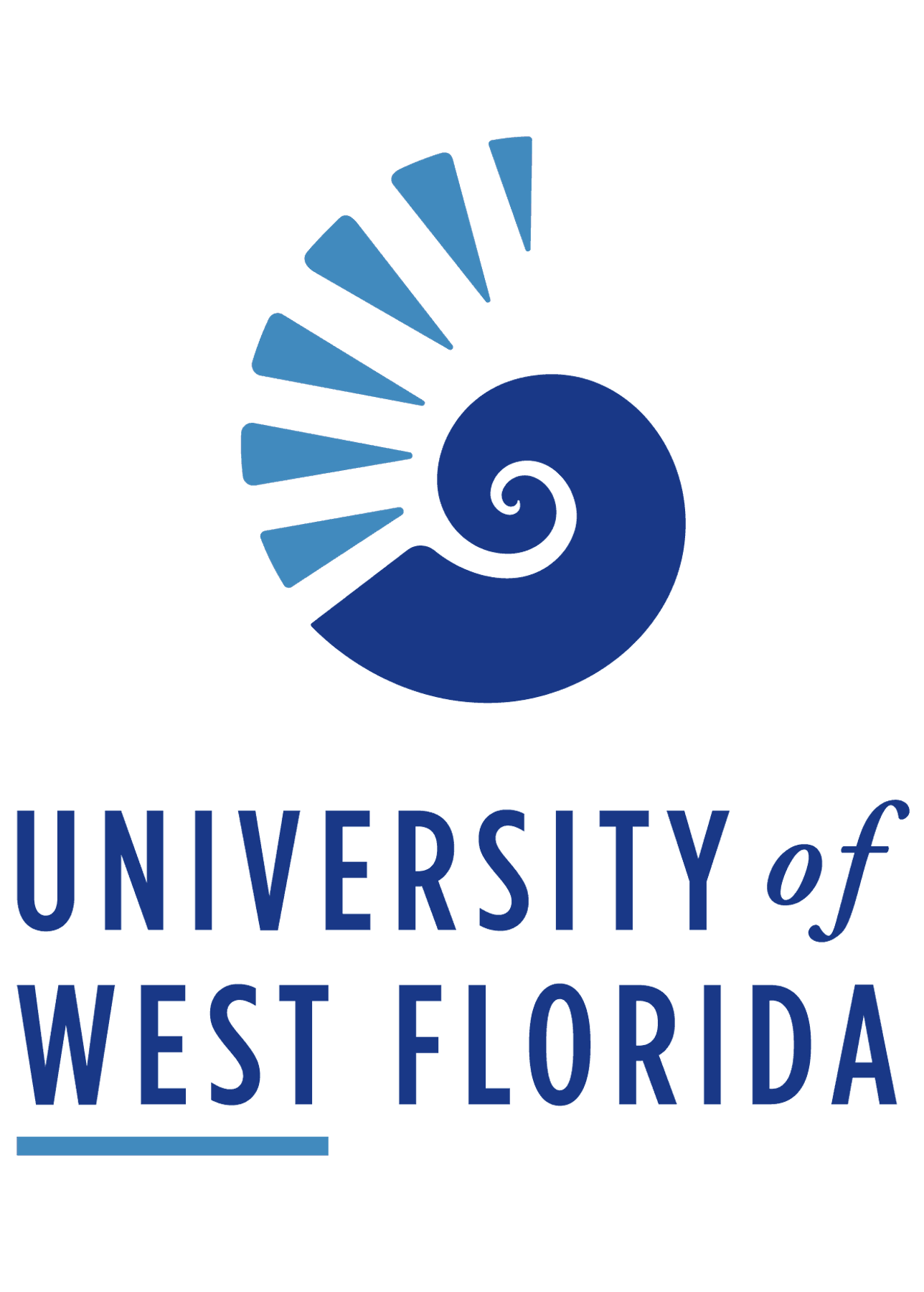
University of West Florida
Intelligent Score: 87.74In-state: $3,735
Out-of-state: $16,004
In-state: $7,088
Out-of-state: $7,088
SAT: 1060-1230
ACT: 21-27
Resident: $385
Non-Resident: $1,044
Online
Southern Association of Colleges and Schools Commission on Colleges
42
How we rank programs
This list features some of the cheapest online master’s in healthcare administration programs in the country. Each school featured is a nonprofit, accredited institution, either public or private, with a high standard of academic quality for postsecondary education.
We evaluated each school’s program on admission, retention, and graduation rates as well as tuition costs, faculty, and reputation. Then, we calculated the Intelligent Score on a scale of 0 to 100. Read more about our ranking methodology.
Next, we compared this comprehensive list of the cheapest online master’s in healthcare administration programs to a list of aggregated college rankings from reputable publications, such as U.S. News & World Report, to simplify a student’s college search. We pored through these rankings so students don’t have to.
How to Pay for an Online Master’s in Healthcare Administration
There are many options available to students to help them pay for an online master’s in healthcare administration.
Out-of-pocket
The most direct way to pay for an online master’s in healthcare administration is by using your own money or paying ‘out-of-pocket.’ Depending on the program’s total cost and how much money you have available, you may be able to pay for the whole program out-of-pocket, or you may need to combine this payment method with other types of financial support, such as scholarships, grants, or student loans.
Federal student loans
The U.S. government offers federal student loans through the Federal Student Aid program. Graduate students are eligible for Direct Unsubsidized Loans and Grad PLUS Loans, with interest rates and repayment terms set by Congress. Students must submit the Free Application for Federal Student Aid (FAFSA) to determine eligibility for federal student loans. To learn more about completing the FAFSA, visit the Ultimate FAFSA Guide.
Private education loans
Because there are limits on how much students can borrow in federal education loans, some students turn to private education loans to fill in gaps. Lenders like SoFi, Ascent, and Sallie Mae offer private education loans with interest rates and repayment terms based on current market rates and applicants’ credit history. Private education loans should only be used when necessary, as these types of loans can be the most challenging to repay.
Scholarships and grants
Scholarships and grants are considered gift aid because they don’t have to be repaid, essentially giving students free money to pay for tuition and other education-related expenses. Grants are usually awarded based on need. Individual states offer educational grants to students, as do many colleges. To be considered for grants, students must usually submit a FAFSA. Scholarships may be awarded based on financial need or achievement in academics, athletics, or other extracurricular activities. Most institutions offer scholarships, as do professional organizations, non-profits, community and religious organizations, and private endowments.
Work-study
Work-study programs employ students in positions at their school, either on-campus or remotely. Students receive an hourly wage that they can put towards their tuition or other educational or living expenses. To apply to participate in the Federal Work-Study program, indicate your interest on your FAFSA. Work-study jobs pay at least the federal minimum wage, but many pay more, especially for graduate students.
Employer tuition assistance
Many employers offer tuition assistance benefits that cover some or all of an employee’s education costs. Students who plan on working while earning their online master’s in healthcare administration should inquire with their employer to find out if they have access to these types of benefits, as they can significantly reduce the financial burden of a degree program.
Scholarship Database
Intelligent Scholarship Finder Tool
"A Helping Hand" Scholarship
Award Amount: $500
Due Date: January 31, 2025
"Follow Your Own Path" Essay Scholarship
Award Amount: $500
Due Date: January 31, 2025
"Tuition Solution" Scholarship for STEM Students
Award Amount: $500
Due Date: January 31, 2025
$25k "Be Bold" No-Essay Scholarship
Award Amount: $25,000
Due Date: Closed for 2024
(ISC) Graduate Cybersecurity Scholarship
Award Amount: $5,000
Due Date: Closed for 2024
(ISC) Women in Information Security Scholarship
Award Amount: $5,000
Due Date: Closed for 2024
A.C. "Kate" & Leo Joseph Merlone St. Dominic Catholic Church of Saginaw Member Scholarship
Award Amount: Varies
Due Date: Closed for 2024
A.C. "Kate" & Leo Joseph Merlone Teaching Scholarship
Award Amount: Varies
Due Date: Closed for 2024
a/e ProNet David W. Lakamp Scholarship
Award Amount: $5,000
Due Date: Closed for 2024
AAAE Native American Scholarship
Award Amount: $1,500
Due Date: March 15, 2025
What Can You Do With a Master’s in Healthcare Administration Degree?
This degree prepares students for mid- to high-level positions within healthcare facilities and organizations. Healthcare administration professionals can often be found directing the various operations that keep hospitals, medical practices, community health centers, urgent care clinics, nursing homes, and rehabilitation centers running. This can involve managing day-to-day operations, finances, information technology, compliance, quality and safety, or human resources.
Having a master’s in healthcare administration can help individuals be more competitive in the job market, especially for advanced or specialized positions. Some executive-level positions in healthcare organizations require a master’s degree. Even if you’re applying for positions open to individuals with bachelor’s degrees, having an advanced degree can increase your earning potential.
For those who already have some experience in healthcare administration, pursuing a master’s degree can help them develop new skills, creating more effective leaders. For example, many master’s programs include coursework in healthcare finance, healthcare policy, and health information technology, which are all critical to managing hospitals and other healthcare facilities.
Career Outlook
- Medical and health services managers — Set and carry out policies, goals, and procedures for healthcare departments or facilities, with duties that include hiring, scheduling, and evaluating staff; monitoring compliance with state and federal guidelines; and developing reports and budgets.
- Median annual salary: $110,680
- Projected employment growth (through 2032): 28%
- New jobs projected: 54,700 per year
- Social and community services managers — Coordinate and supervise programs and organizations that support public well-being and direct workers who provide these services to the public.
- Median annual salary: $77,030
- Projected employment growth (through 2032): 9%
- New jobs projected: 16,000 per year
- Administrative services and facilities managers — Plan, direct, and coordinate activities that help an organization run efficiently.
- Median annual salary: $106,470
- Project employment growth (through 2032): 5%
- New jobs projected: 31,400 per year
Is a master’s in healthcare administration worth it?
Pursuing an online master’s in healthcare administration degree can provide an excellent return on investment for students. Healthcare administrators are in high demand and, year after year, tend to earn salaries well above the national average.
As of May 2021, the median annual salary for medical and health services managers, which includes healthcare administrators, was $101,340. This is significantly higher than the median yearly salary for all occupations in the United States, which was $66,648 as of May 2021.
Furthermore, the projected job growth of medical and health services managers is expected to grow 28% from 2021 to 2031, which is faster than average for all occupations. This upward trend is partly driven by the aging of the baby boomer generation, creating a greater demand for healthcare services.
While it’s true that some employers will hire entry-level healthcare administrators with only a bachelor’s or associate degree, there are many advantages to pursuing an online master’s in healthcare administration program.
First, some employers may only consider candidates with a master’s degree, particularly for more advanced or specialized positions. By pursuing a master’s degree, you can make yourself a more competitive candidate in the job market and increase your chances of securing a higher-paying and more rewarding position.
In addition, a master’s degree can open up new job opportunities that may not be available to candidates with only bachelor’s degrees. For example, some executive-level positions in healthcare organizations may require a master’s degree.
What’s more, even if you already have some experience in healthcare administration, pursuing a master’s degree can help you develop new skills to make you a more effective leader and advance your career. For example, many master’s programs include coursework in healthcare finance, healthcare policy, and health information technology, which can help you develop expertise in areas critical to success in healthcare administration.
How to Choose the Online Master’s in Healthcare Administration Program that’s Right for You
Clarify your needs and goals
Before you begin exploring options for online master’s in healthcare administration programs, it’s helpful to establish what you want from the program in terms of career preparation, specialization options, and course delivery methods.
There are a number of specialization options available within the healthcare administration field, including finance, information technology, and healthcare policy. If you want to work in one of these areas, seek out programs that offer coursework focusing on the topic.
It’s important to consider whether the program is offered entirely online or includes in-person components. Additionally, consider whether the program is asynchronous or synchronous. Asynchronous programs allow students to complete coursework on their schedule, while synchronous programs require students to attend live virtual sessions. Depending on the student’s preferences, it might be helpful to research whether the program offers a part-time option. This may be more manageable for working professionals.
Research schools and programs
Selecting an affordable program accredited by a reputable accrediting agency, such as the Commission on Accreditation of Healthcare Management Education (CAHME) or the Association to Advance Collegiate Schools of Business (AACSB), is crucial. Accreditation ensures that a program meets quality standards and may be necessary for licensure or certification in some states. Students should also verify the institution’s accreditation status through the Council for Higher Education Accreditation (CHEA).
Prospective students should research the faculty at the institution offering the program. Look for faculty members with expertise and experience in the healthcare industry and those with experience teaching in an online format. More often than not, a program’s instructors can make a substantial difference in a student’s engagement in their classes and success in the program.
Online students may need access to support services such as counseling, tutoring, or career services. Prospective students should research whether the program they’re considering offers remote access to these services.
Prospective students can typically find the most relevant information on the school’s website or by contacting their admissions office.
Review application and eligibility requirements
When researching programs, be sure to review their application procedures and eligibility requirements. This will help ensure that you have the right qualifications for the program and give you time to prepare your application materials. Colleges typically publish this information on their websites, but you can also contact the school’s admissions office and speak to an admissions counselor if you need clarification. Application processes and eligibility requirements will vary by program.
Some programs may require that students have a bachelor’s degree or professional experience in healthcare administration, while others are open to students from all backgrounds. Students may also have to demonstrate a minimum undergraduate GPA or coursework in areas related to healthcare administration.
To apply to an online master’s in healthcare administration degree program, students must typically submit the following:

